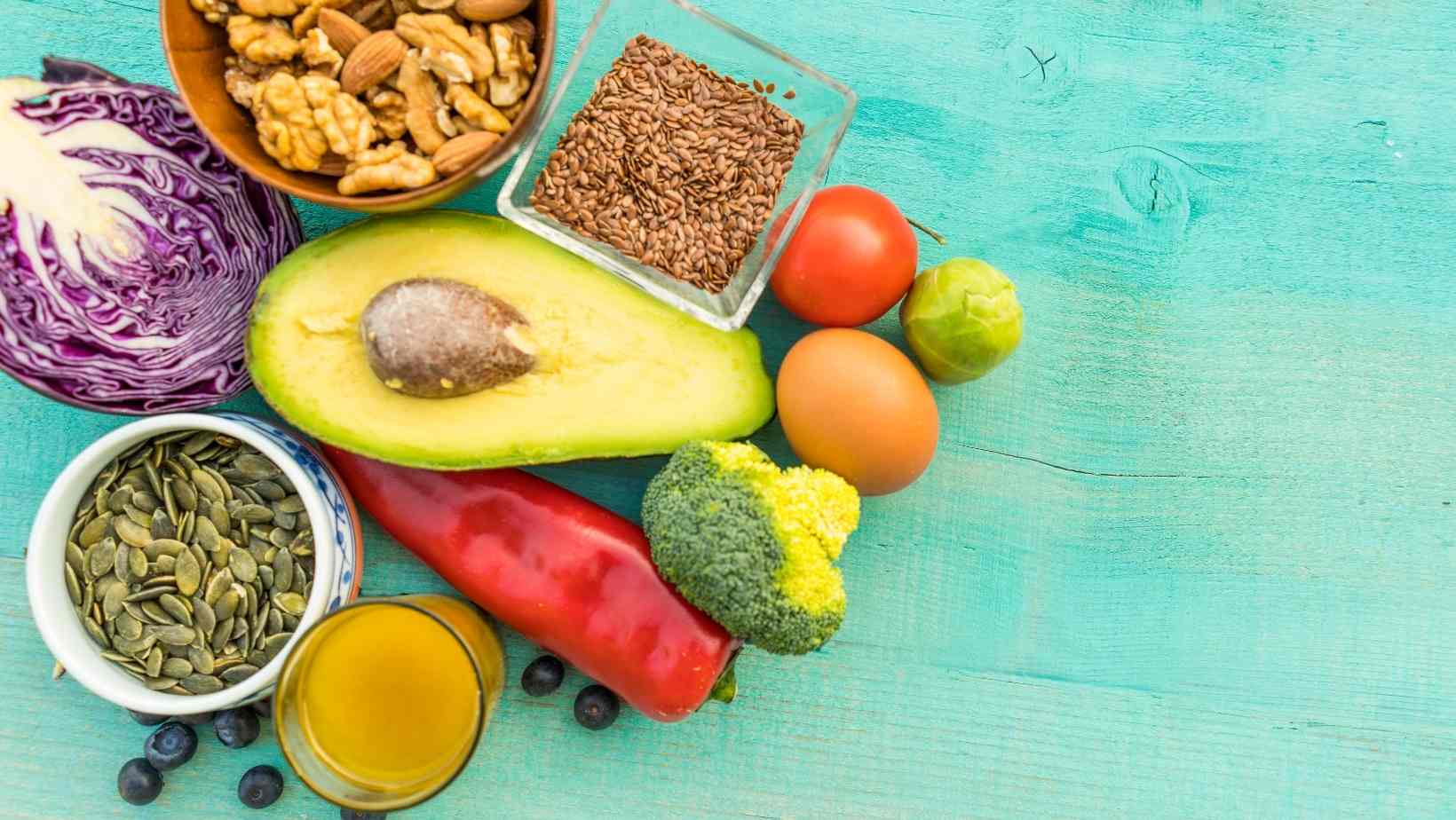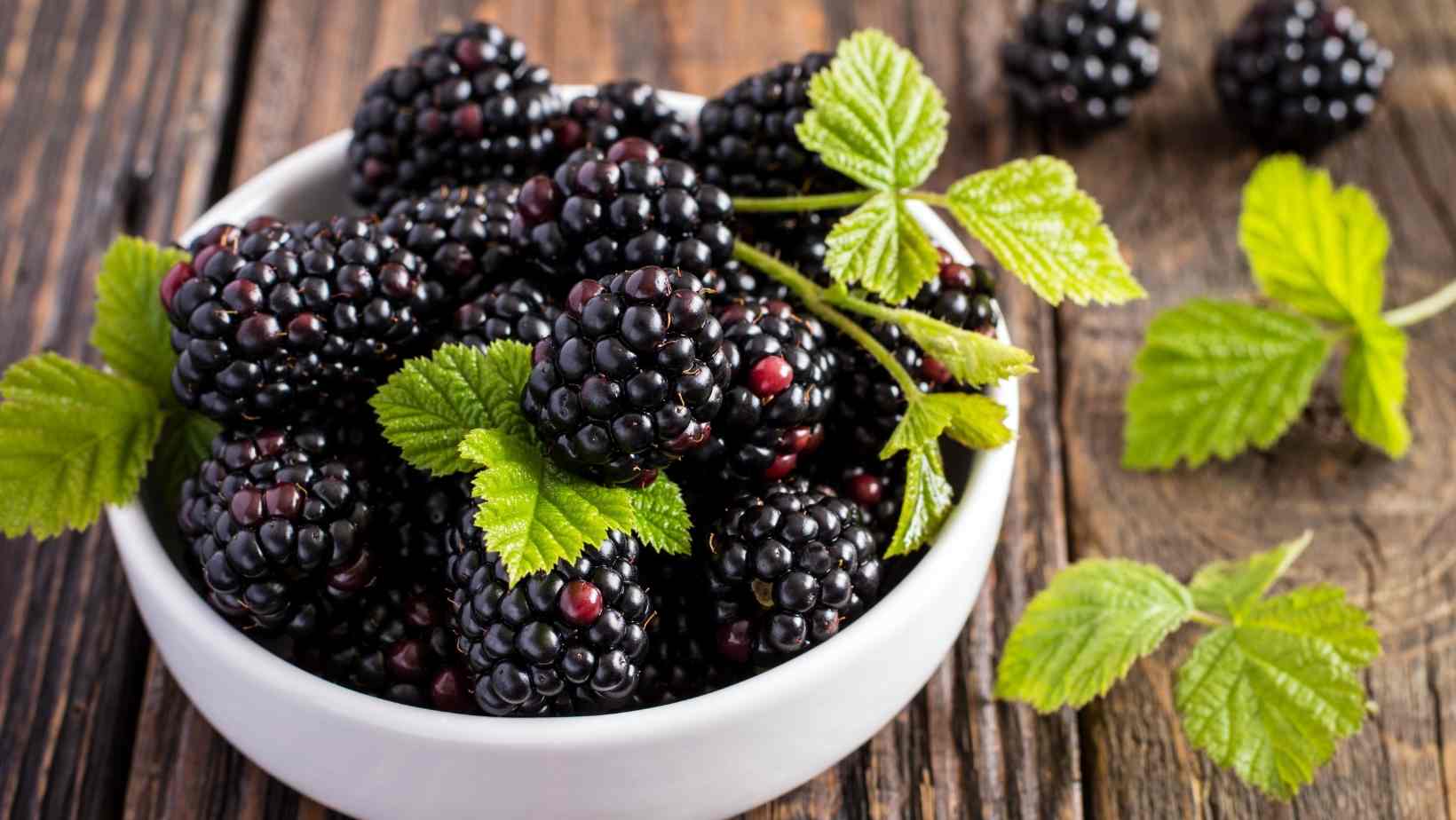Fruit contains natural sugars that contribute to your regular carbohydrate intake. It also contains the vitamins and minerals that your body needs. As a result, it is considered to be one of the healthiest forms of carbohydrates available. Every 15 grams of carbohydrate is equivalent to one serving. Use this approach to make sure that every carb counts, including fruits and vegetables.

Jump to:
1. Watermelon
Here's a tasty piece of advice: Fruits that are heavy in water or fiber contain less carbohydrates than other fruits when compared cup for cup. Watermelon, the refreshing summer treat, is composed of 92 percent of water and is the lowest-carb fruit by far, containing only 7.5 carbs per 100 grams. It also contains significant amounts of vitamins A and C. You can have one cup, or ten watermelon balls if you're feeling very posh.
2. Cantaloupe
Every 100 grams of cantaloupe you consume will only provide you with around 8 grams of carbohydrates. So it's a little less than one cup, or a huge slice of cheese. It is also low in cholesterol, sodium, high in vitamins A and C, and a good source of folate, among other characteristics. Blend it up with some yogurt for a refreshing smoothie snack.
3. Honeydew
During a typical year, the average individual consumes 3 pounds of this low-carb fruit. Honeydew melons, the tastiest of all melons, contain around 9 grams of carbohydrates per 100 grams of fruit — roughly one cup or a small wedge and a half. Even better, it's high in potassium, copper, and vitamin C, all of which are essential nutrients.
4. Strawberries
Strawberry slices (eight medium strawberries or one cup of slices) have only a little more than 7 grams of carbs, and they contain nearly as much vitamin C as an orange. They also contain a high concentration of phytonutrients, which have anti-cancer, anti-inflammatory, and cardiovascular protective properties. Strawberries, which are in season throughout the spring and summer, are delicious on their own. Despite how tempting it may seem, do not dip them in chocolate. It will significantly boost your carbohydrate intake.
5. Raspberries
Raspberries are high in fiber (eight grams per cup), which helps to keep their carbohydrate content to a minimum. One cup of raspberries is equivalent to one serving of carbohydrate calories. If you want a complete serving of fruit with a little variation and a lot of vitamin C, try half a cup of raspberries and eight strawberries. They spoil within a day or two after being purchased, so buy in little amounts and consume them as soon as possible.
6. Blackberries
20 tiny blackberries, or one cup, have fewer than 10 carbohydrates whether they are fresh or frozen. Because of their intense blue hue, they have the largest concentration of antioxidants, which help to prevent illness. Because blackberries — and other berries in general — have a high amount of fiber and a low amount of sugar, they are less prone to produce gas and digestive troubles.

7. Peaches
One of the numerous advantages of low-carb fruit is that you can consume a greater quantity of it. It is present in every 100 grams of peaches. 5 grams of fiber and a delectably low 8 net grams of carbohydrates — a number you would not anticipate from something this sweet and juicy, but it's there nevertheless. Approximately 15 percent of your daily vitamin C is provided by a medium peach, which has 50 calories, 1 gram of protein, no fat, and no cholesterol. Combine it with cottage cheese for a snack that is strong in protein and low in carbohydrates.
8. Avocado
The avocado, which is really a single-seeded berry, is classified as a fleshy fruit because of its mushy texture. It contains just 8.5 grams of carbohydrates per 100 grams of weight, which is somewhat less than 1 cup of cubes or slices. The fiber and monounsaturated (or "healthy") fats in avocados are higher than in bananas, and they contain more potassium.
9. Pineapple
100 grams of pineapple, or a half-cup of pineapple, has 11 grams of carbohydrate. It is one of the most nutritious ways to receive your daily dose of manganese, a vital mineral that has an impact on your brain system, hormones, blood sugar, and the rate at which your body absorbs calcium. Pineapple is also a natural source of bromelain, a protein-digesting enzyme mixture found in pineapple.

10. Plums
Plums are a low-carb fruit that may be used in salads, yogurt, and smoothies because of their high fiber content. One medium plum has just 7.6 grams of carbohydrates, but it also contains 100 milligrams of potassium, which helps to keep high blood pressure and stroke at bay. Avoid dried plums, commonly known as prunes, since 100 grams of dried plums contains a staggering 64 grams of carbohydrates.
The Canned Factor
The finest fruit is fresh or frozen, although this is not always accessible. Compared to fresh fruit, canned fruit has more sugar, which means it contains more carbohydrates. However, there is a workaround for this: Look for fruit that has been packed in 100 percent juice or water and be sure to drain and rinse any extra liquid off the fruit before eating it.




